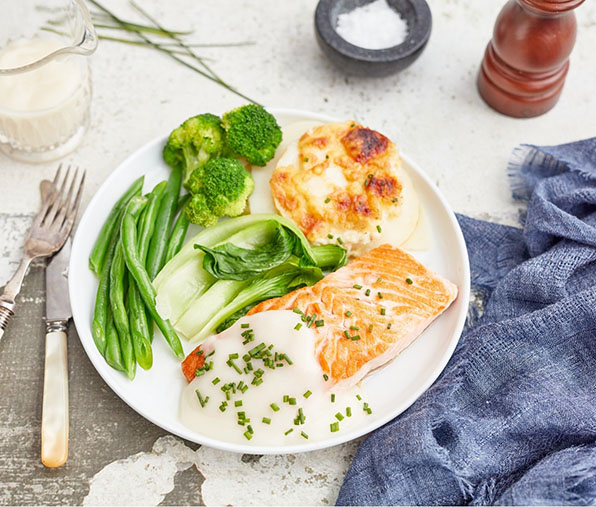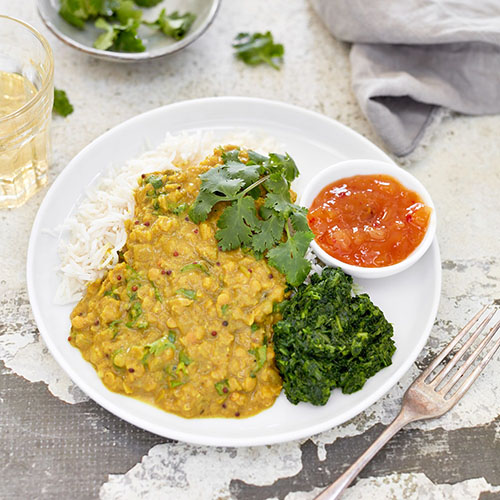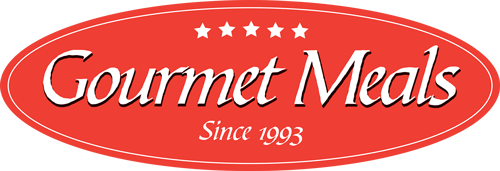
People generally become iron deficient for one of three reasons:
- Low iron in diet (eg. Vegetarian or vegan diets, diets high in processed foods)
- Blood loss (eg. Heavy menstrual bleeding, internal bleeding due to medical conditions like ulcers, polyps, colon cancer, etc.)
- Inability to absorb iron (eg. Because of an inflamed digestive tract or because of the consumption of foods that inhibit iron absorption such as milk and wheat)
Iron deficiency should always be thoroughly investigated. There are certain disorders that may lead to inability in iron absorption—that’s why it is important to see your doctor for a diagnosis. Remember: Iron deficiency is often the first indicator of an underlying illness.
Celebrated every second week of March, Coeliac Awareness Week aims to spread awareness about coeliac disease.
Coeliac disease should always be considered a potential cause of iron deficiency as iron may be depleted in children and adults with coeliac disease. When a person has coeliac disease, the lining of the small intestine becomes inflamed and damaged whenever gluten is consumed, reducing its ability to absorb nutrients. If it remains undiagnosed for long or no treatment is initiated even after diagnosis, this disorder can result in serious complications.
If you suspect that you may be iron-deficient or have been confirmed by a doctor, eating iron-rich foods such as shellfish, spinach, liver and other organ meats, legumes, and red meat could change how you feel, how you look, and your overall well-being. If you don’t eat meat or fish, you can boost absorption by including a source of vitamin C when eating plant sources of iron.
For people with coeliac disease, avoiding gluten is essential. Gluten is a protein found in wheat, barley, and rye. It holds food together and gives dough its elastic texture. Gluten is a mixture of proteins, glutenin and gliadin, with the latter being primarily responsible for most of the adverse health effects of gluten.
If you have coeliac disease, you need to follow a gluten-free diet for life to relieve coeliac disease symptoms and heal damage to your small intestine. Whether this is the case for you or you simply choose to eat gluten-free for the purpose of weight loss and overall health improvements, it’s good to consult your doctor or a registered dietitian on what to eat and drink in order to maintain a balanced diet.
Gourmet Meals delivers delicious, fully-prepared meals that are ready to enjoy in less than 3 minutes. We offer a huge variety of gluten-free meals to cater to those customers who wish to save time in searching for recipes, shopping for, and preparing meals that exclude gluten.
Start your gluten-free journey here!
Tags: Coeliac Awareness Week, Healthy Gluten-free Meals, Gourmet Meals, Balanced Diet, Iron-rich Foods, Gluten Free Living, Gluten Free Eats, Healthy Meals Delivered, Plant-based Meals





.jpg)

